Nigeria’s perceived democratic deficit has improved marginally, moving five places up to 45 out of 53 countries in the Democracy Perception Index (DPI) report released by Latana in collaboration with the Alliance of Democracies.
According to the report, the DPI measures the difference between how important the people of a country say democracy is and how democratic they think their country is. “This difference is called the Perceived Democratic Deficit,” the report says.
In 2024 and 2023, Nigeria’s Perceived Democratic Deficit was pegged at 39 and 47 respectively. What this implies is that a lesser number of Nigerians feel the government failed to live up to their democratic expectations.
It will be a good thing if this new perception of our democracy is due to a deliberate policy by the government and the political class, said Achike Chude, a public affairs commentator. “However, I fear that the politicians have very little to do with it as we are yet to see any remarkable change in attitude to governance and politics,” he said. “I suspect that Nigeria’s improvement on the perception index is down to the increased slide in the practice of democracy in the countries that we have overtaken.”
For 25 years since 1999, Nigeria has enjoyed uninterrupted democratic transition of power. This by itself is an achievement for Africa’s largest democracy, owing to the wave of coups that has hit the West African region in the past four years.
Citizens’ concerns
But focus has now shifted to providing the people with the dividends of democracy, rather than mere sustenance as a system of government.
The report further stated that Nigerians believe that government only serves the interest of a minority, adding that corruption is the biggest threat to democracy when compared to other factors such as economic inequality, global corporations, big tech, unfair elections/election fraud, free speech limits and foreign election interference.
Interestingly, of the 53 countries polled in this survey, Nigeria topped the list of countries whose citizens are concerned about free speech limitations and unfair elections/election fraud.
Nigerians need credible journalism. Help us report it.
PREMIUM TIMES delivers fact-based journalism for Nigerians, by Nigerians — and our community of supporters, the readers who donate, make our work possible. Help us bring you and millions of others in-depth, meticulously researched news and information.
It’s essential to acknowledge that news production incurs expenses, and we take pride in never placing our stories behind a prohibitive paywall.
Will you support our newsroom with a modest donation to help maintain our commitment to free, accessible news?
Civil rights and election monitoring groups have continued to advocate better electoral practices as well as protection of human rights. In the 2023 general election, incidents of violence, malpractices, logistics challenges as well as voter apathy was said to have marred the electoral process that saw the emergence of former Lagos state governor, Bola Tinubu as President.
Poverty reduction
Despite the various poverty alleviation programmes adopted by various administrations, 63 per cent of persons living within Nigeria, that is, 133 million people, are multidimensionally poor, according to the National Bureau of Statistics (NBS) in its 2022 Multidimensional Poverty Index survey.
Unsurprisingly, many Nigerians polled in the survey, said reduction of poverty rate should be prioritised by government over the fight against corruption.
As part of efforts to ease the widespread hardship and tackle rising inflation, the Minister of Finance and the Coordinating Minister of the Economy, Wale Edun, announced plans to disburse N75,000 cash transfers to 75 million Nigerians in three years.
But industry experts say the initiative may be counterproductive.
Samson Owolabi, an economic analyst believes the cash transfers “might disrupt the progress we’ve made in curbing the rise in month-on-month inflation,” adding that “pumping an additional N1.125 trillion into the economy will increase liquidity in the financial system, which is already significantly high and contributing to surging inflation.
This is why I believe a food palliative would have been a better solution.”
The report also indicates that most Nigerians view social media as a positive tool for democratic development. In the section, Nigeria topped the chart out of 53 countries polled in the survey.
Methodology
The report is on nationally representative interviews with over 62,953 respondents from 53 countries that represent over 75 per cent of the world’s population, conducted between 20 February and 15 April 2024.
While the Alliance of Democracies Foundation is a non-profit organisation dedicated to the advancement of democracy and free markets across the globe, Latana is a research firm that helps brands gather and interpret data.
Support PREMIUM TIMES' journalism of integrity and credibility
At Premium Times, we firmly believe in the importance of high-quality journalism. Recognizing that not everyone can afford costly news subscriptions, we are dedicated to delivering meticulously researched, fact-checked news that remains freely accessible to all.
Whether you turn to Premium Times for daily updates, in-depth investigations into pressing national issues, or entertaining trending stories, we value your readership.
It’s essential to acknowledge that news production incurs expenses, and we take pride in never placing our stories behind a prohibitive paywall.
Would you consider supporting us with a modest contribution on a monthly basis to help maintain our commitment to free, accessible news?
TEXT AD: Call Willie - +2348098788999





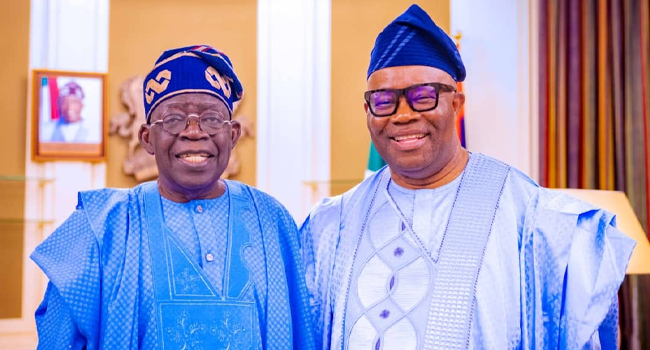

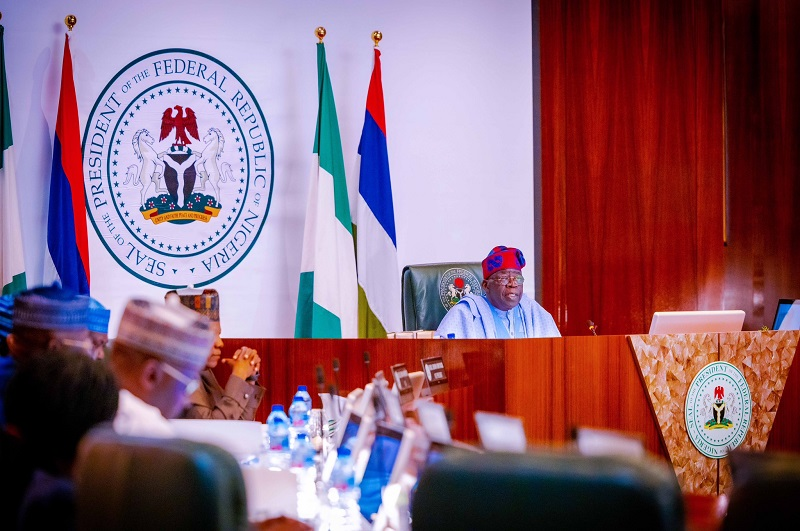
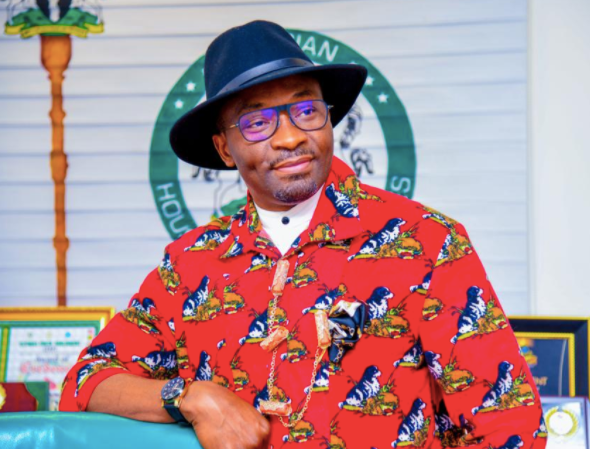

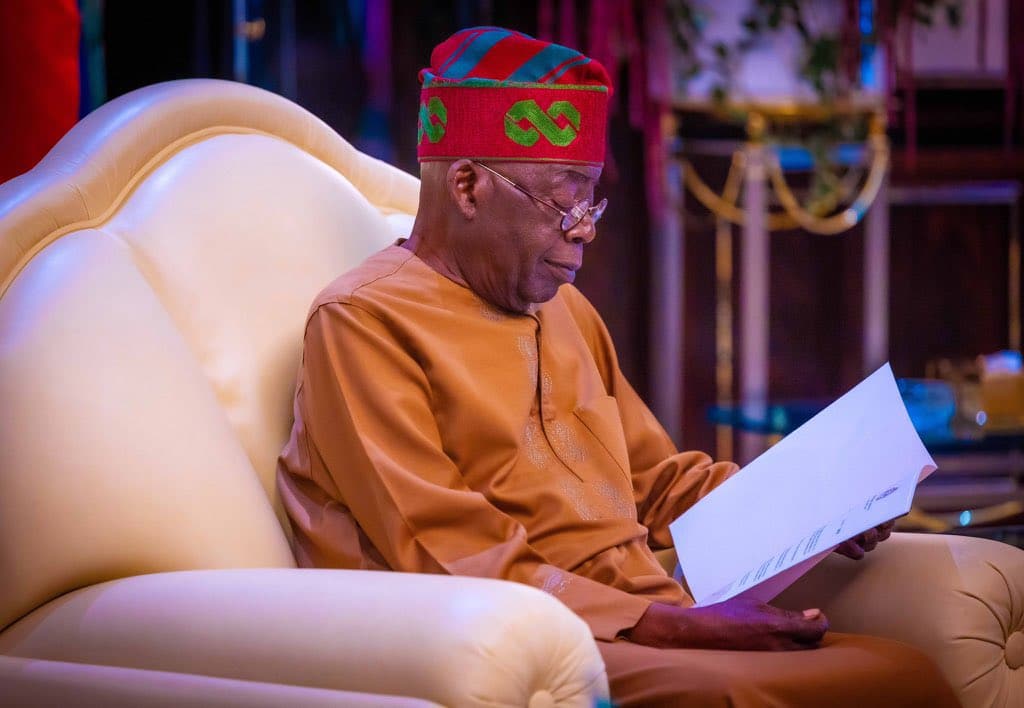
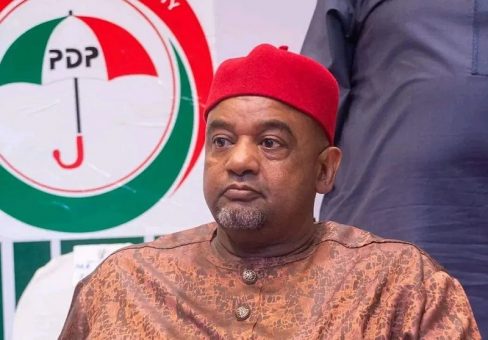


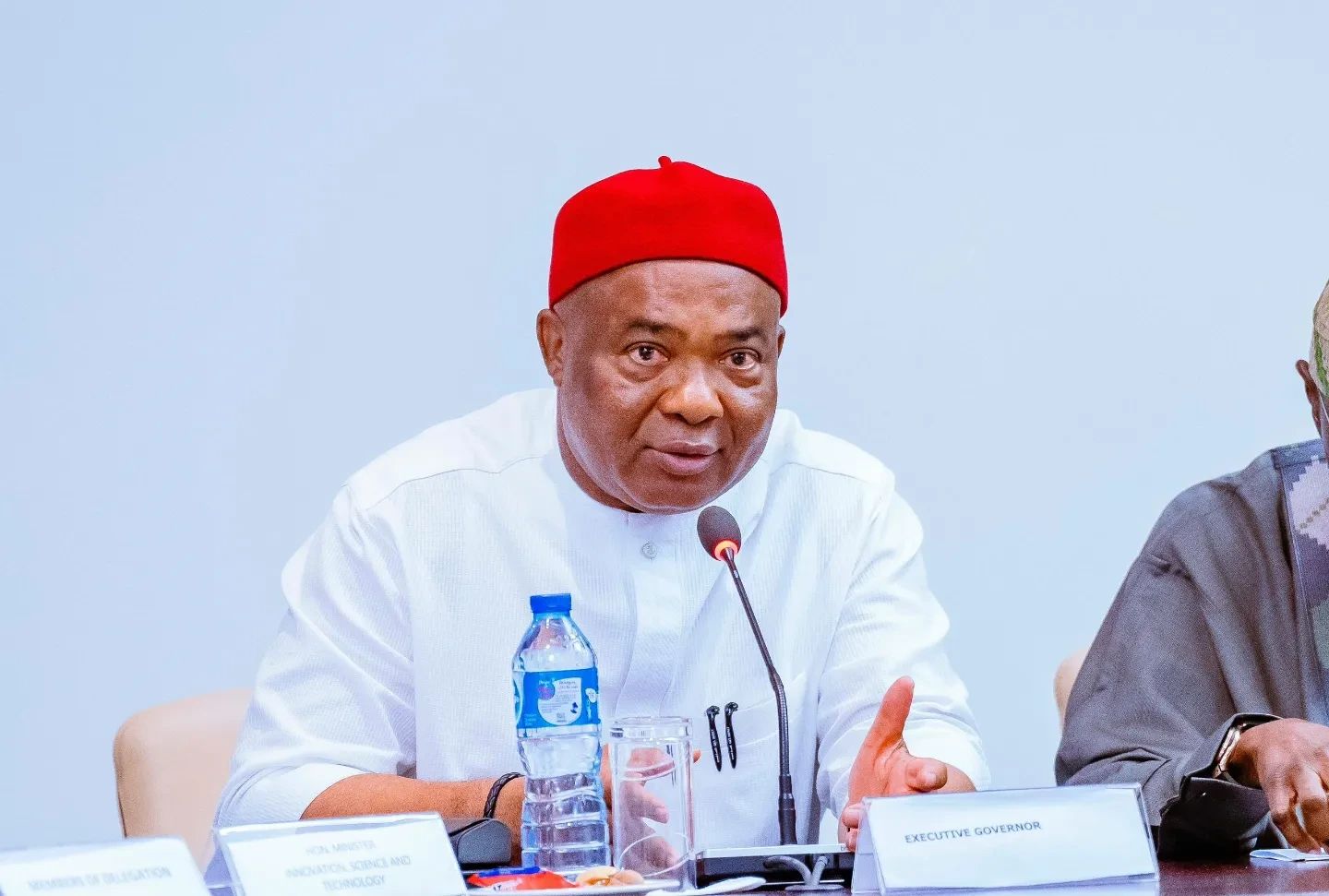
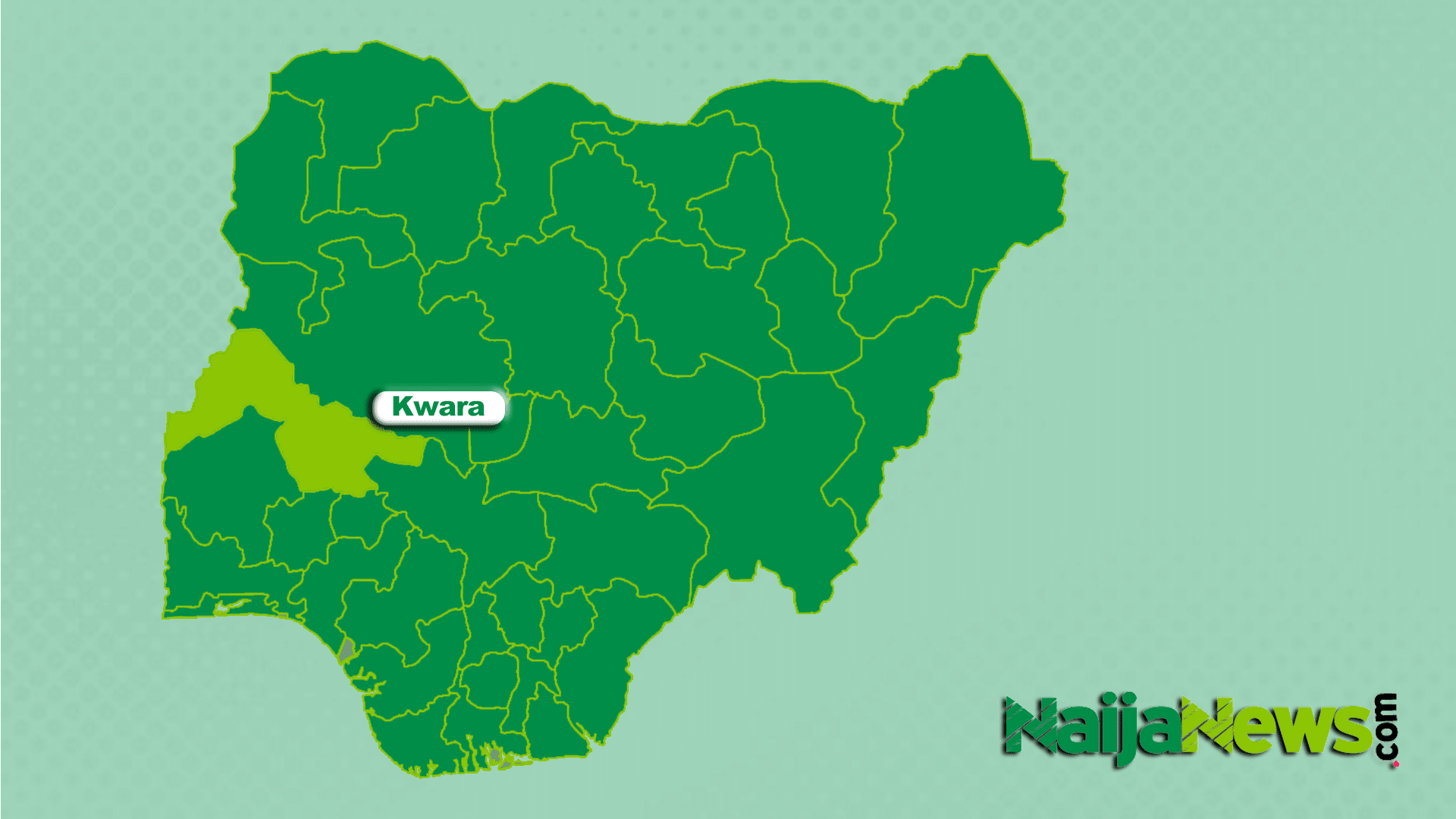



 English (US) ·
English (US) ·